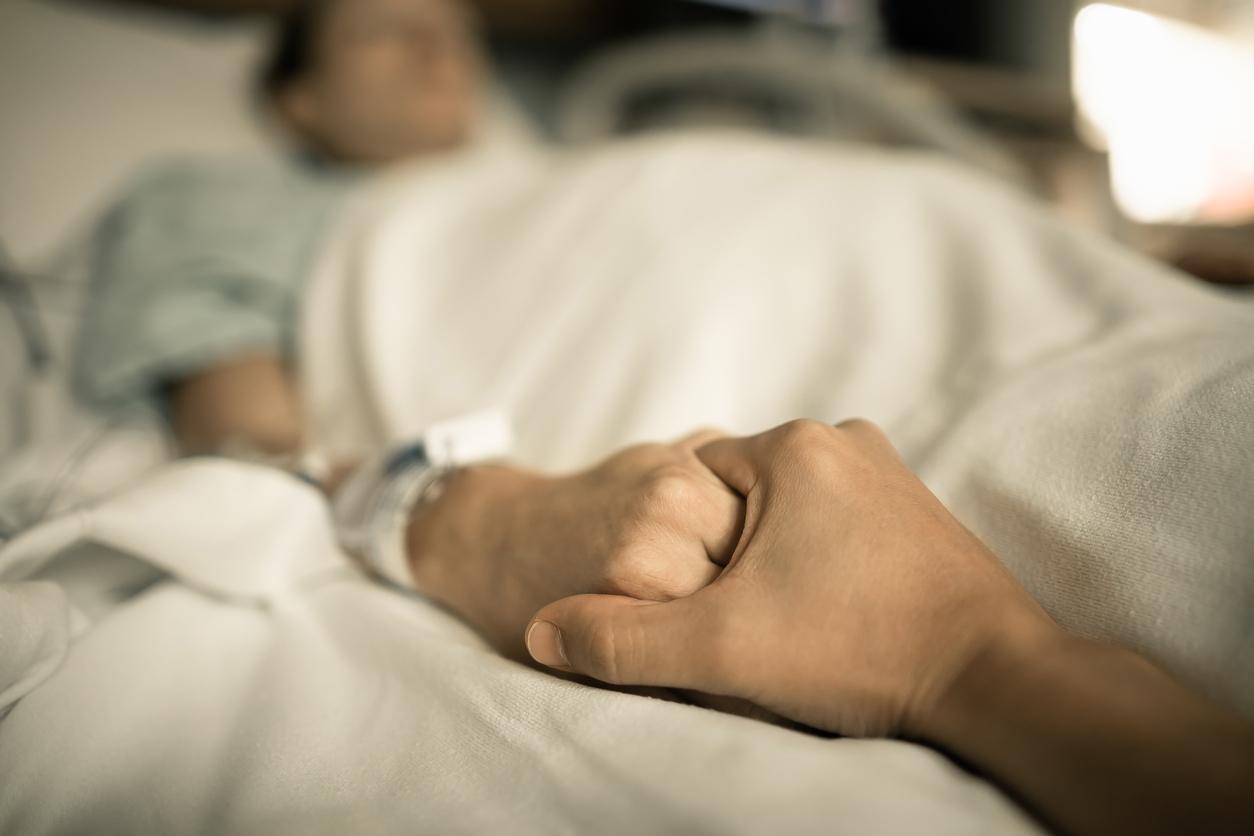“My destiny changed at 9:30 p.m. on October 21, 2008. As a law student, I was riding a scooter to one of my odd jobs when a car hit me violently. While my body was thrown 32 meters away , my head hit the asphalt three times, protected by the helmet during the first two impacts only. When the help arrived, I was lying in my blood. My Glasgow score, which assesses the state of consciousness, is established at 4. This indicator ranges from 15, normal consciousness, to 3, which signifies death.
Transported to intensive care in a deep coma, I suffered from head trauma, cerebral hemorrhage and fractured vertebrae. At the hospital, female voices, probably caregivers, gradually reach me. I understand them distinctly. They evoke my health, which is deteriorating, and my meager chances of surviving. Despite the fierce urge to tell them that I am alive and to shout to them: “Don’t abandon me! My life must not end in this service”. I can’t move a finger or open my eyes. I then cling to the hope that the voices do not disconnect the miraculous threads that connect me to life.
In a coma, I feel an abyssal fatigue
Although in a coma, I feel an abyssal fatigue, because I have the feeling of running again and again to cling to life. Sometimes, unbelievably, I hum to myself. The melodies lull my soul and soothe me. In my head, I visualize my emotions as colors. Brown translates my fear, my despair. Red reassures me, it symbolizes my family and all that is positive. Yellow represents hope. I also have the feeling of bathing in an interlacing of geometric lines, of infinite stripes, which intersect from time to time.
One day, I understand that relatives are at my bedside. These reunions bring me a little warmth and the pleasant feeling of no longer being alone, abandoned. When a medical voice asks me to shake his hand: impossible. I feel like a rivalry between my brain and my hand, with the strange impression that neither of them manages to obey me. Yet I understand all the gestures that I am asked to perform. If I don’t move my hand, will the voice deduce that I don’t hear it? It’s horribly scary. It’s not memories that allow me to evoke my coma, but flashes that come back to me and join together, like a puzzle.
After 2 months of coma, I finally open my eyes
After two months of coma, I finally open my eyes, but my state is vegetative, I am still unable to move or speak. Three weeks later, I finally move a few fingers. From then on, my progress is constant, but I have to relearn everything: to speak, to walk, to eat. To rediscover everything too, because I suffer from post-traumatic amnesia. From the faces of my loved ones to my centers of interest, such as literature and the plastic arts, I have to reclaim everything. Luckily, since I was 13, I have kept a diary, which helps me piece together my life. I advance every day on a ridge line, balanced between the woman I once was and the one who is trying to rebuild herself. I’m someone I don’t know yet. The path to myself is arduous.
My brain works but slower
After a year and a half of hospital and rehabilitation centers, I finally get out, life takes over, but my fight continues. I suffer from a disability invisible to everyone. Even today, I can’t run or stand for too long. My brain works fine, but slower. Next month, I will resume my studies with the aim of working with handicapped children, notably autistic. I would like my experience to be useful to others to move forward in life, despite the hardships. Because it is also by helping others that I continue to rebuild myself.
To read :My body, my prisonHatice Karakuyu (City ed.)


















